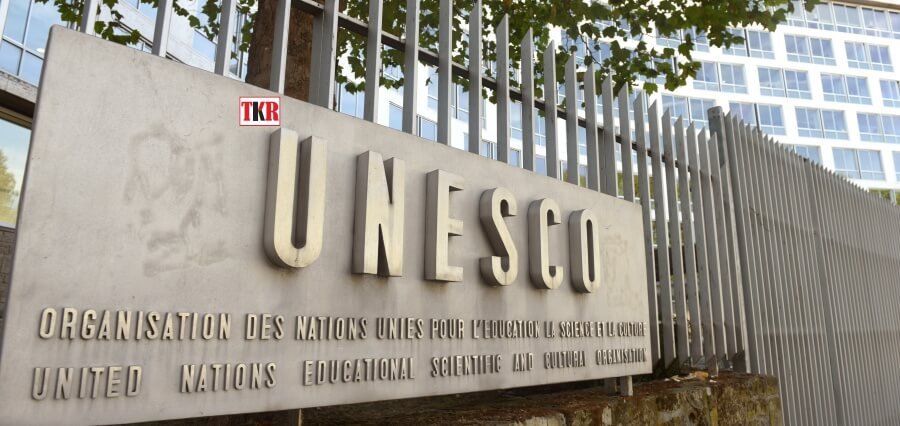On 16 October 2024, UNESCO launched a massive undertaking in cooperation with Beijing Normal University (BNU) to bridge the gap on the gender digital divide in Africa. The project was launched with the theme “Closing the Digital Divide: Ensuring Gender-Transformative Digital Skills Education for Women and Girls,” in relation to UNESCO’s International Day of the Girl and under the slogan “Girls’ Vision of the Future.”
However, this gap remains along gender lines, especially in West and Central Africa, as women and girls also remain underrepresented in technological fields. In many countries like Chad, and Democratic Republic of Congo women make up less than 15 percent of researchers and engineers in the fields of engineering and technology. This gap is worsened by reduced access to digital skills education that hampers women from getting opportunities in the fast-emerging digital economy.
The project will first be implemented in Ghana and Tanzania, aiming to provide girls with the essential digital competencies. The key components of the initiative include capacity building for teachers, opportunities for role models and mentors, and advocacy in support of a girl’s place in ICT studies and careers. This is in response to a call made by H.E. Ms. Peng Liyuan, First Lady of the People’s Republic of China and UNESCO Special Envoy for the Advancement of Girls’ and Women’s Education, to support the development of digital and health education opportunities for girls.
In the launch event, UNESCO Assistant Director-General for Education Ms Stefania Giannini expressed hope that it would indeed empower girls to become change-makers in promoting responsible uses of technology. “We want to inspire a career in the field of technology while encouraging girls to think critically and make informed decisions.”
According to BNU President Ms. Yu Jihong, collaborative effort should focus on achieving these goals by integrating BNU experience with local insights gathered from direct stakeholders of the project.
It will thus represent a prime step forward for Africa to eradicate the prevailing educational and gender-related disparities and bring in the United Nations’ Sustainable Development Goals.









